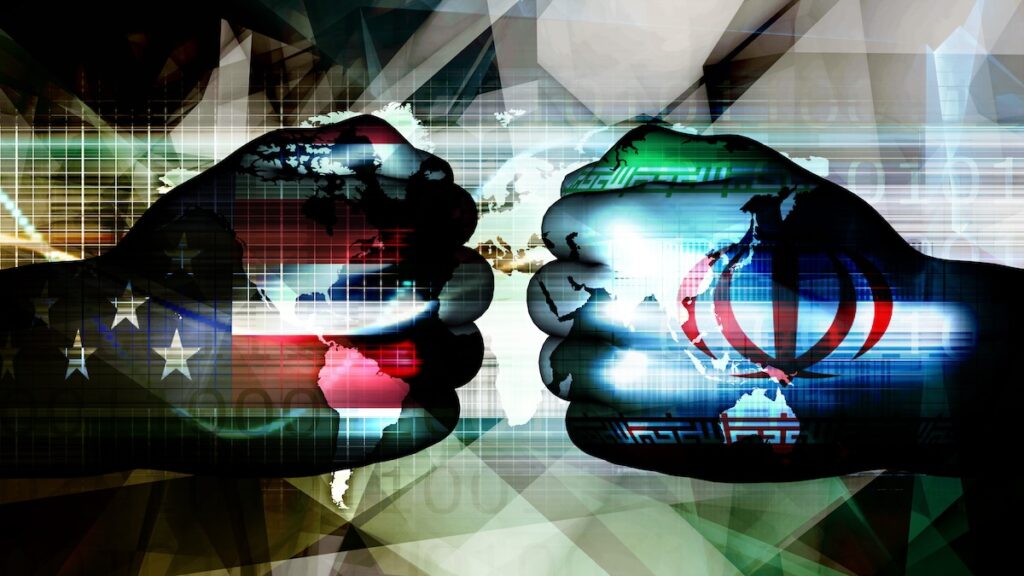
August 19, 2024 at 10:06PM
U.S. intelligence officials confirmed Iran’s responsibility for hacking Donald Trump’s presidential campaign, highlighting a broader effort to influence American politics and elections. The FBI’s assessment also revealed Iran’s attempted hack into Kamala Harris’s campaign. These activities aim to disrupt U.S. democratic processes and reflect Iran’s aggressive election interference tactics, prompting the call for evidence from Iran’s mission to the U.N.
From the meeting notes provided, it is clear that U.S. intelligence officials have attributed hacking of Donald Trump’s presidential campaign to Iran, characterizing it as part of a broader effort to interfere in American politics and potentially influence the election. The assessment, released jointly by the FBI, the Office of the Director of National Intelligence, and the Cybersecurity and Infrastructure Security Agency, marks the first time the U.S. government has attributed blame for such hacks.
The officials also believe that Iran attempted to hack into the presidential campaign of Kamala Harris, underscoring Iran’s determination to influence the outcome of elections. The statement released by the U.S. intelligence community highlights the increasingly aggressive Iranian activity during this election cycle, involving influence operations and cyber operations targeting presidential campaigns. The statement also emphasizes that Iran and Russia have employed similar tactics not only in the United States but also in other countries around the world.
Various instances of attempted hacking and phishing have been reported, targeting individuals with direct access to the presidential campaigns. The Trump campaign disclosed that Iranian actors had stolen and distributed sensitive internal documents, while at least three staffers in the Biden-Harris campaign were targeted with phishing emails, with no evidence of a successful attempt. These incidents have raised concerns about influencing the U.S. election process.
Additionally, it’s notable that Iran has denied the hacks, challenging the U.S. to provide evidence. The release of the U.S. intelligence assessment comes at a time of significant tensions between Washington and Tehran, particularly in light of threatened retaliatory strikes on Israel and ongoing diplomatic endeavors and cease-fire talks in Qatar.
In summary, the meeting notes detail the U.S. government’s attribution of the hacks to Iran, Iran’s denial of the hacks, and the broader context of escalating tensions between the United States and Iran. The notes emphasize the ongoing efforts to protect the democratic process from foreign interference and influence operations.